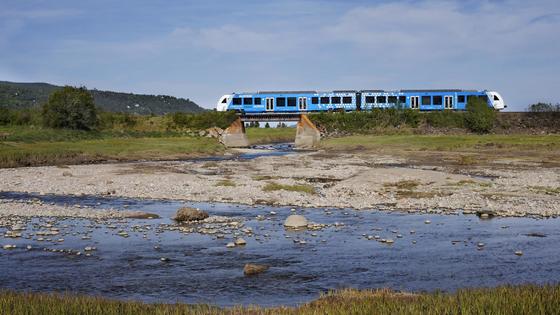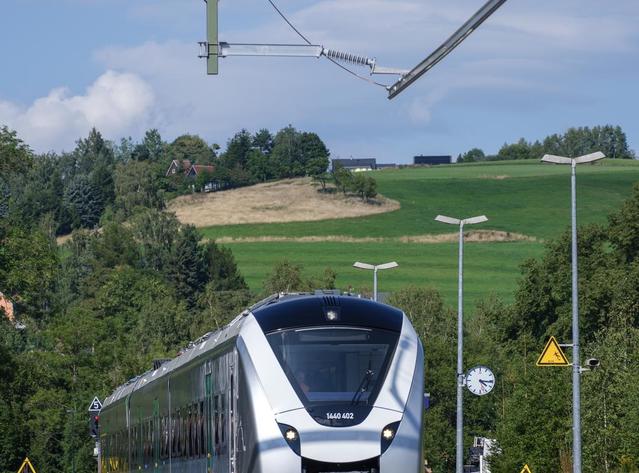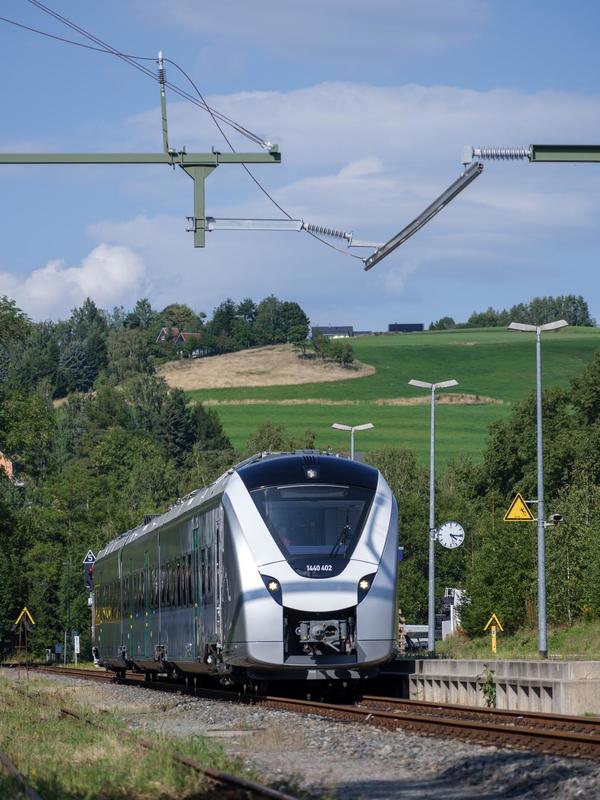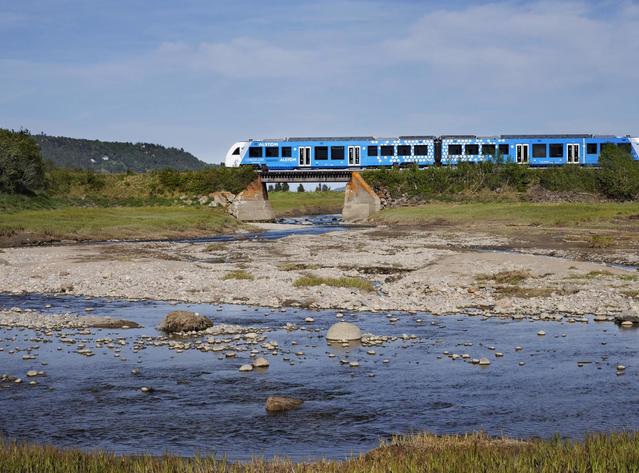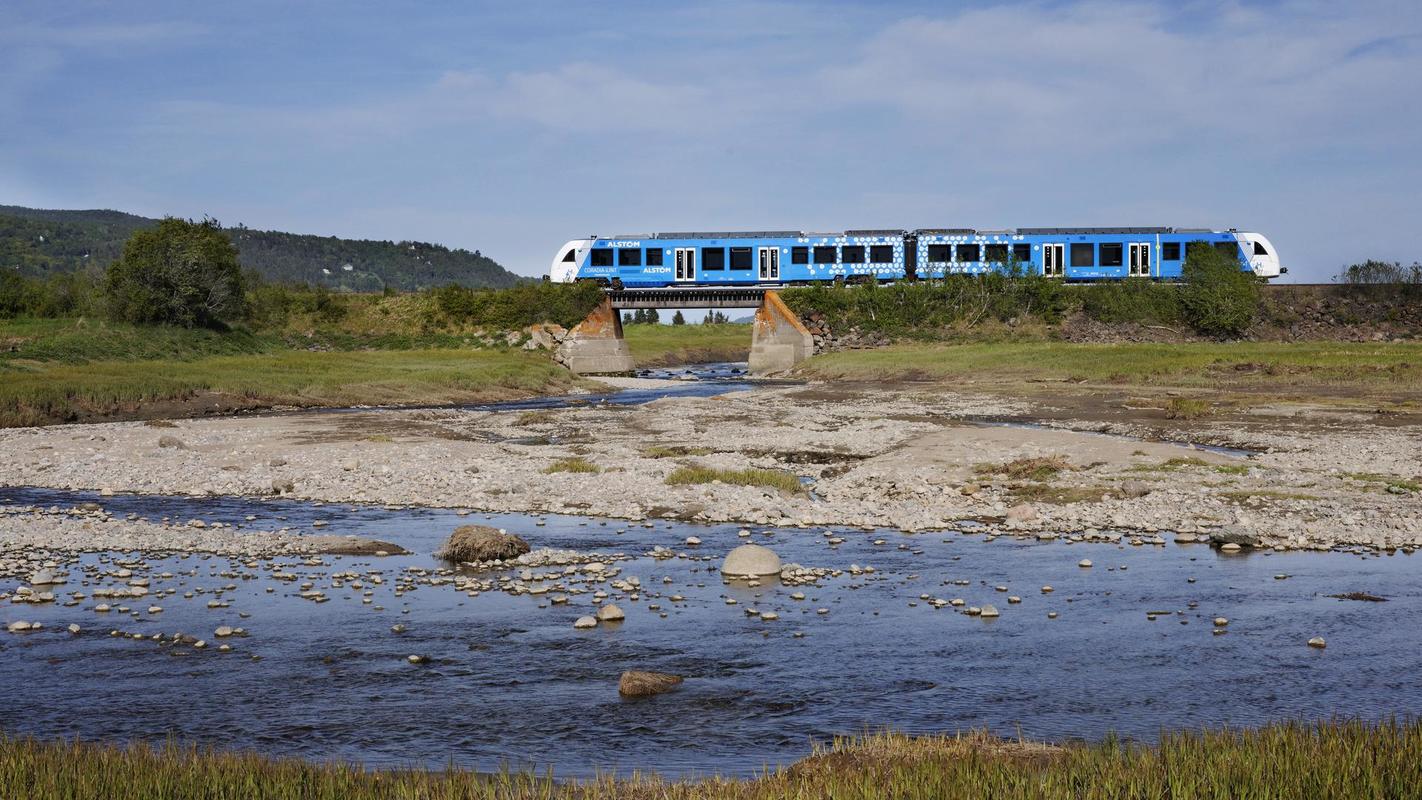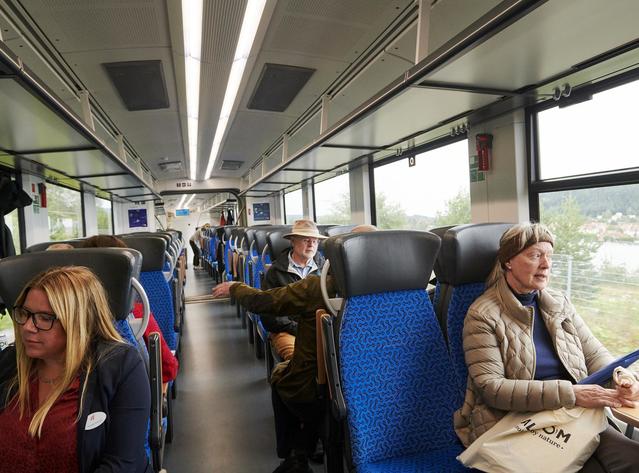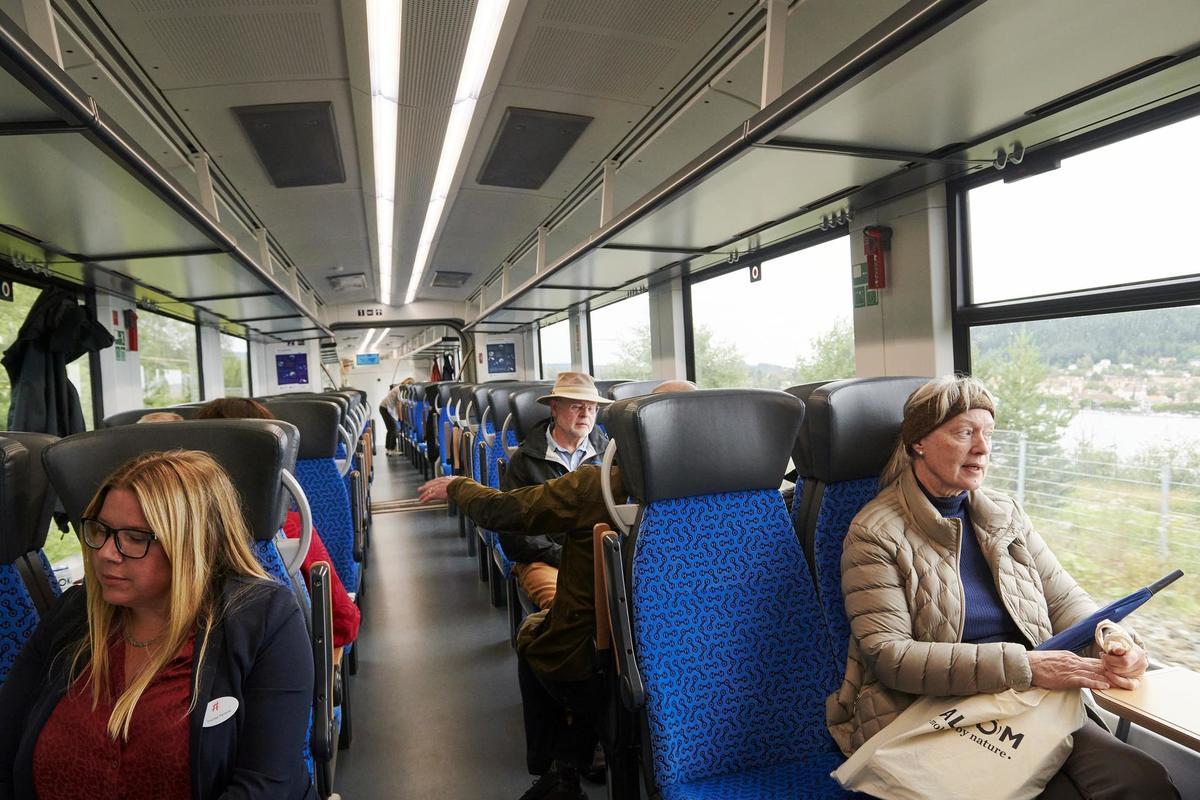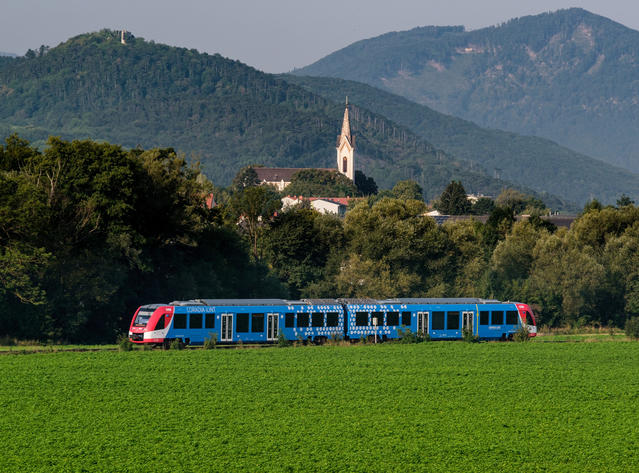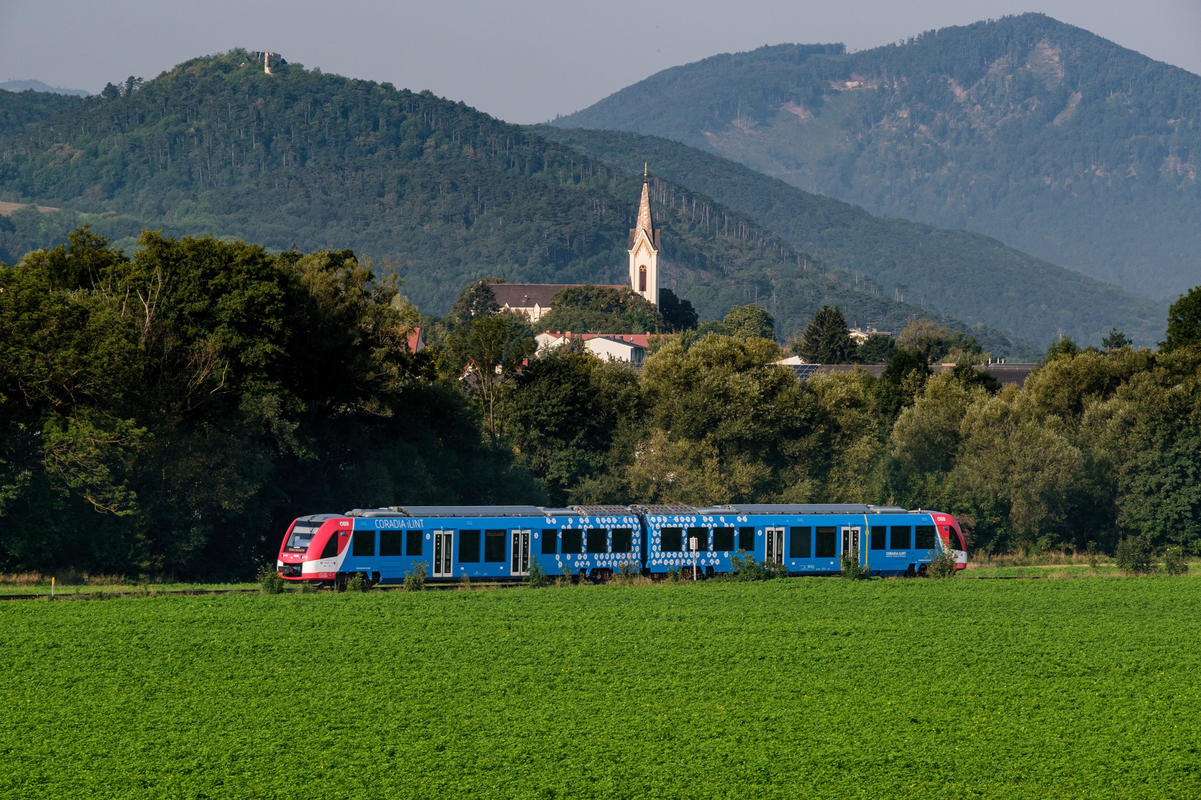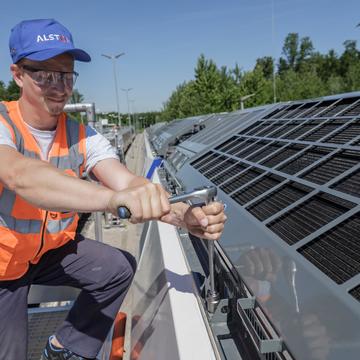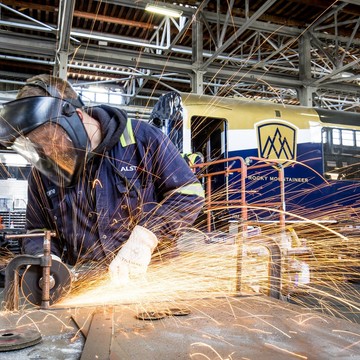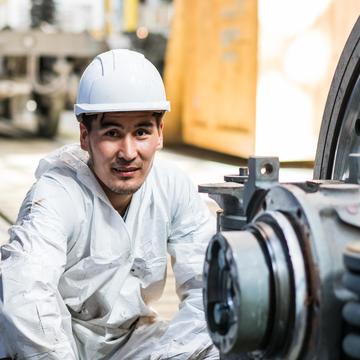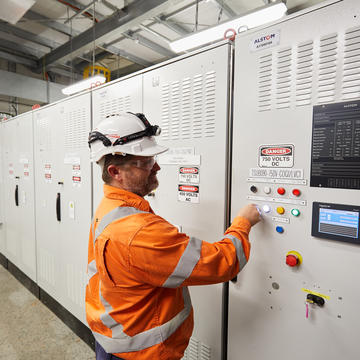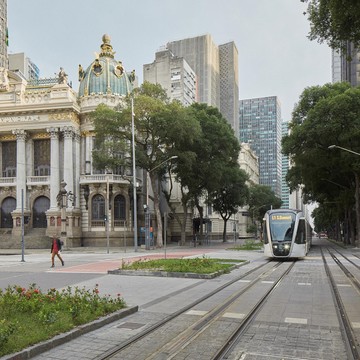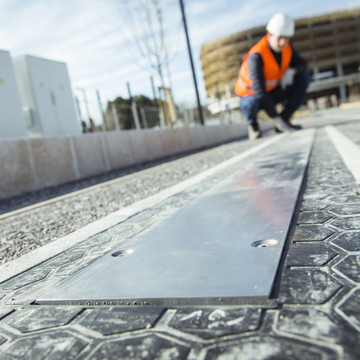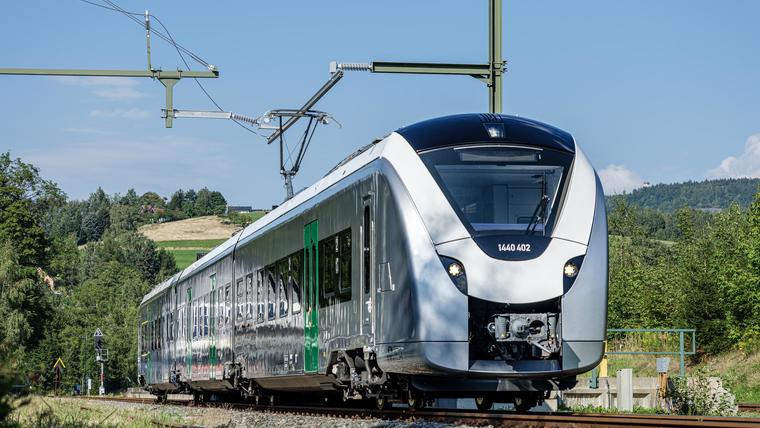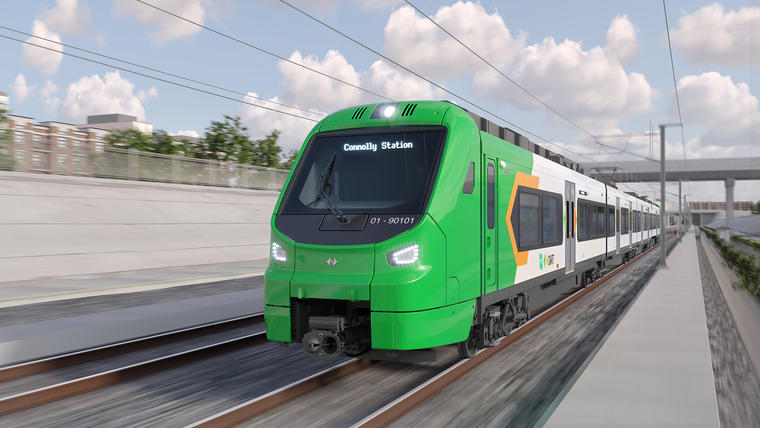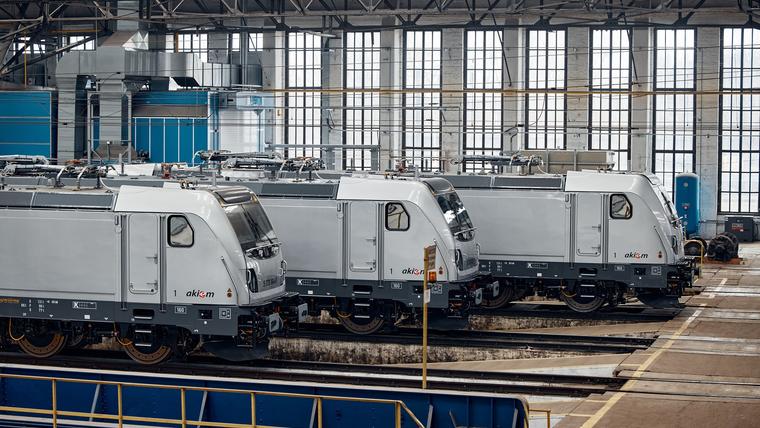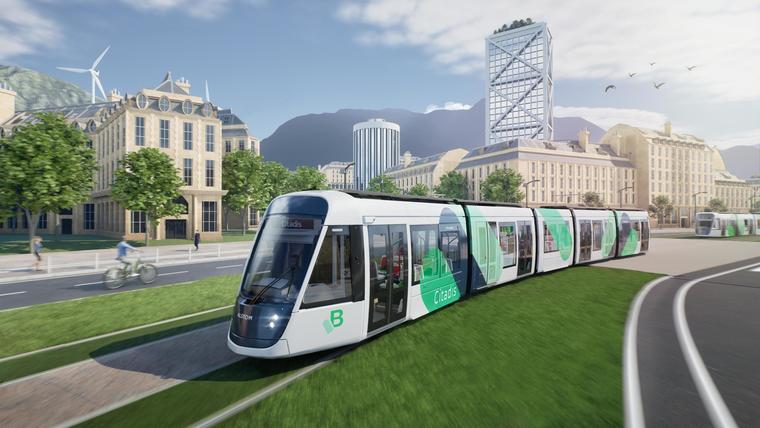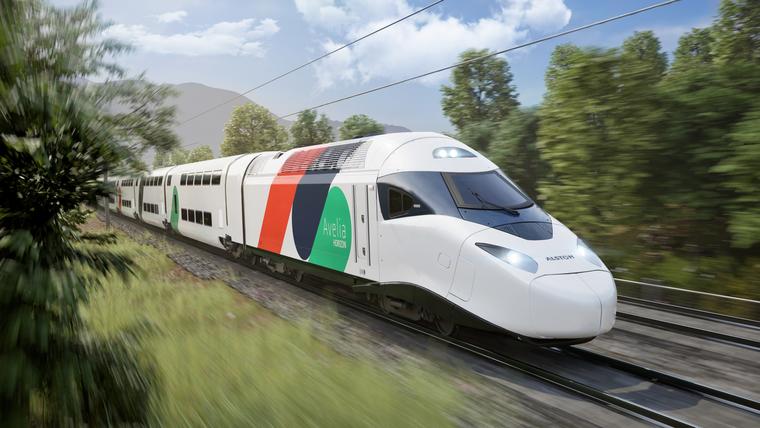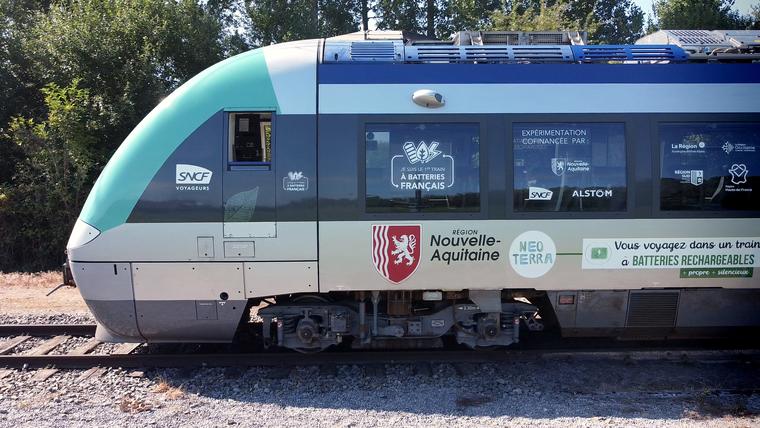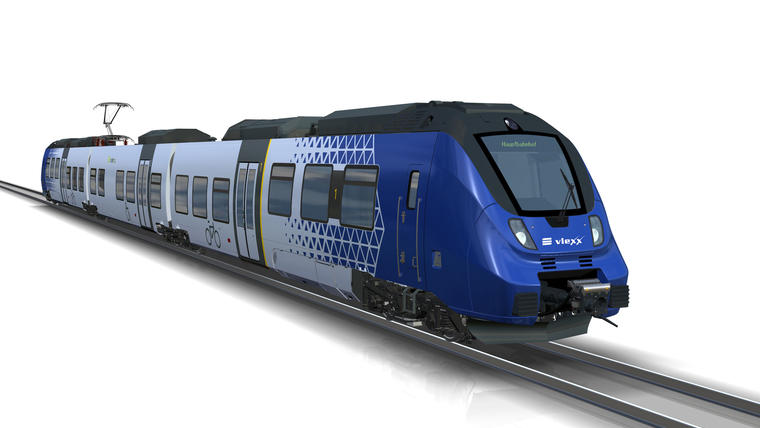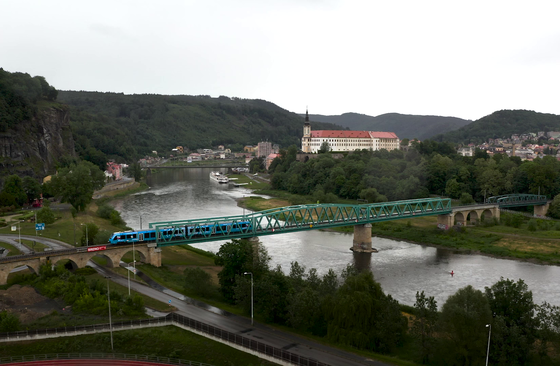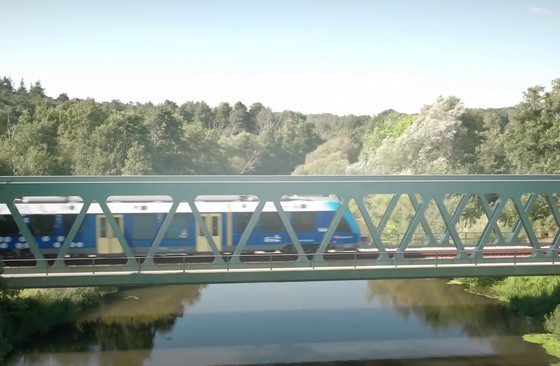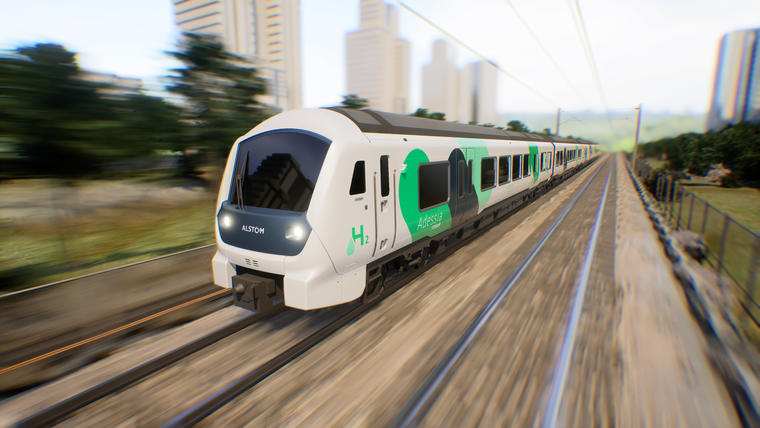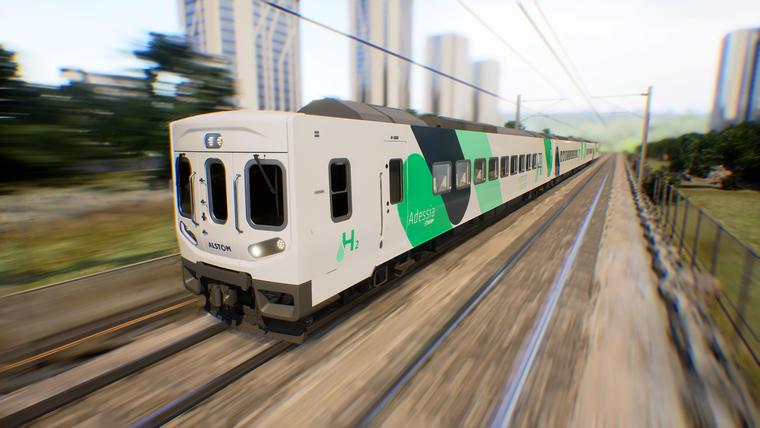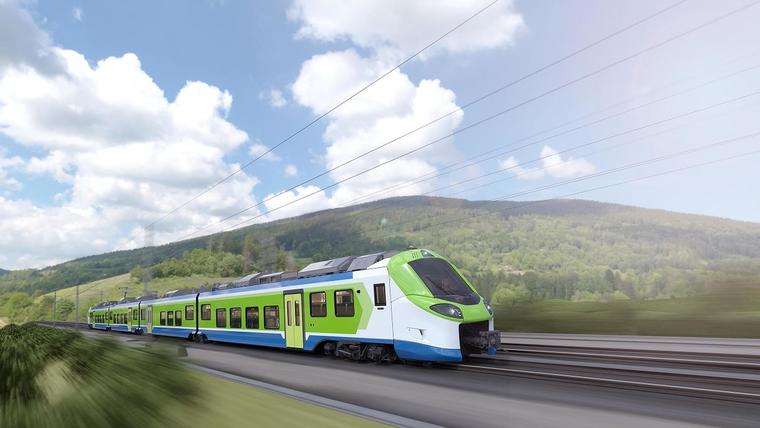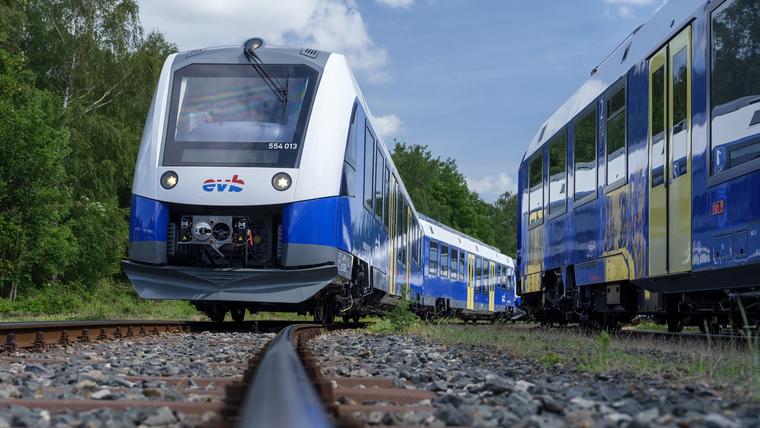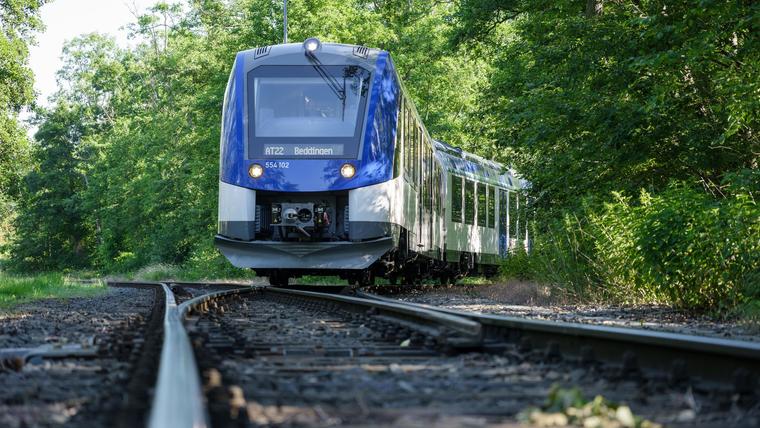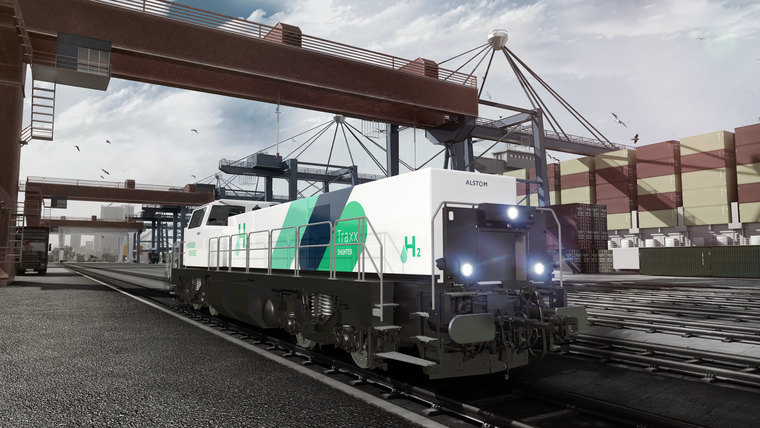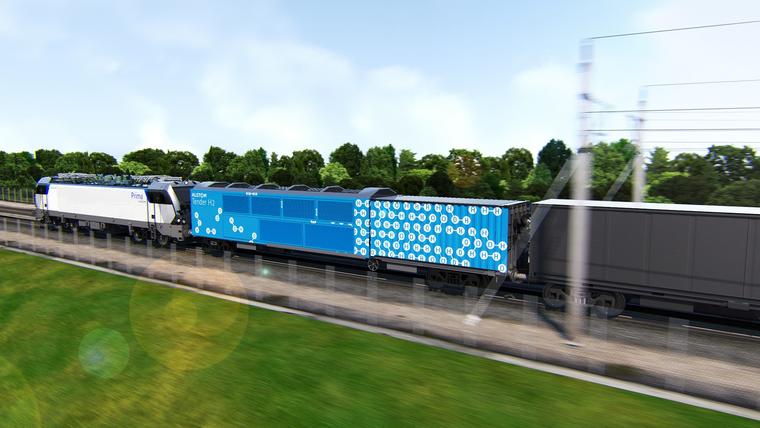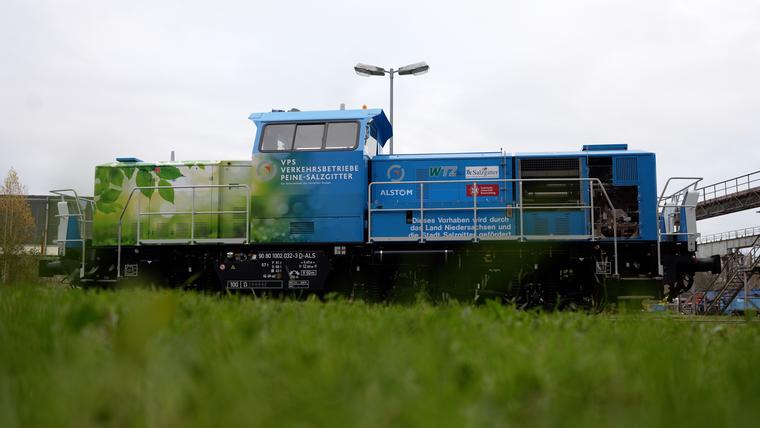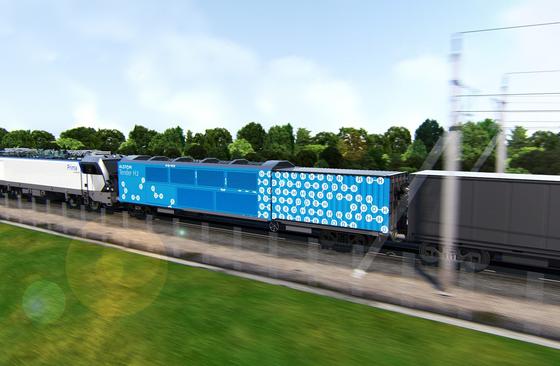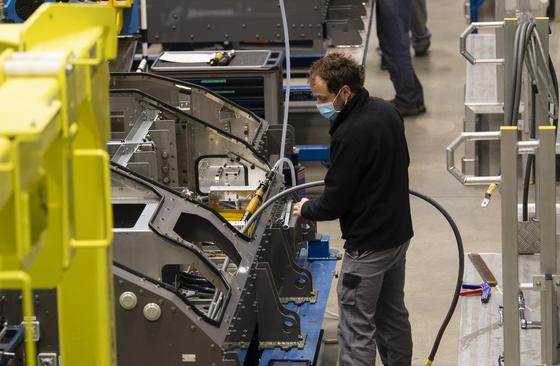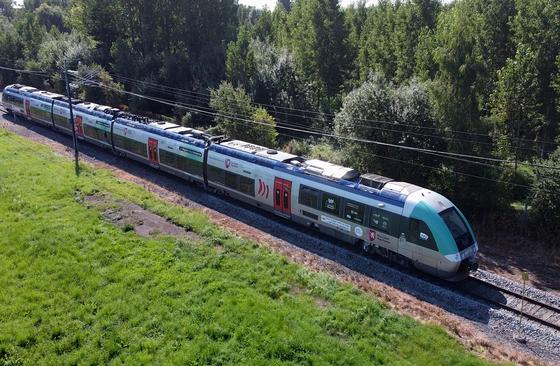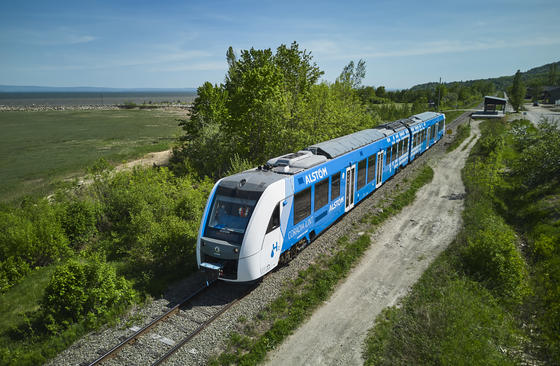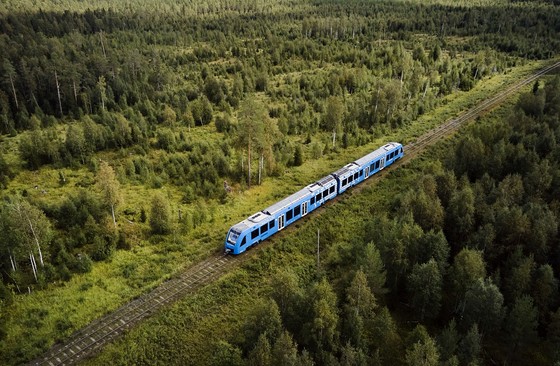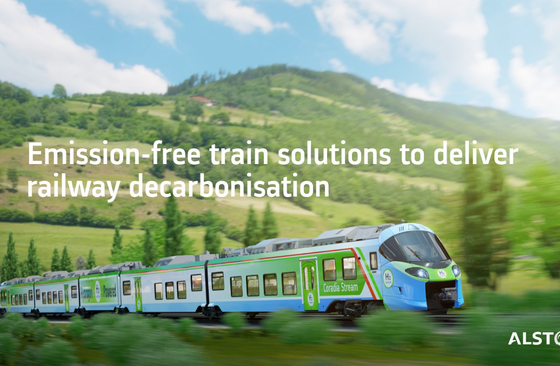Alstom's green traction solutions: sustainable solutions for non-electrified railways
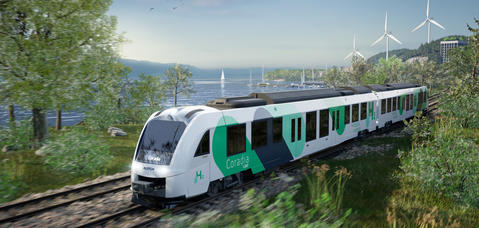
Alstom is pioneering sustainable rail operation with alternative drives replacing diesel on non-electrified lines and is currently the only player with hydrogen-powered fleets in commercial service. Today, Alstom offers an entire range of zero direct–carbon emission rail technologies: hydrogen and battery-electric train solutions, whether newbuild or retrofit. We also offer the necessary infrastructure for sustainable power supply, such as partial electrification and charging stations for batteries. In addition, we support with our knowledge regarding the complete ecosystem of hydrogen. Our unrivalled expertise in providing a complete range of green traction solutions uniquely position us to advise and identify the best solutions for our customers.

Choosing battery or hydrogen traction technology for catenary-free operation
Battery and hydrogen propulsion technologies are both credible and complementary alternatives to diesel. Each technology has its use case, depending on the operational context and technical requirements. In addition to fulfilling functional requirements, several other factors influence the choice of the appropriate technology, such as operating costs and investment. This is why a total cost of ownership approach, including environmental footprint impact, should be considered when choosing between technologies, including infrastructure availability and vehicle purchase.
Train design optimisation for best energy consumption
Fuel cell dimensioning and hydrogen storage, as well as battery size, battery type, quick charging and power conversion, need to consider the energy demands from the operating systems, cooling systems and auxiliaries. Alstom defines the right balance by using our own advanced digital energy calculation tool.
Waste heat reused for climate control, and kinetic energy fed back into the battery of both battery and hydrogen trains also reduce the total energy consumption of the train.
The train’s aerodynamics and weight are optimised for best energy consumption during service, supported by the integration of the different components in the traction systems: Mitrac B™ for battery trains or Mitrac H™ for hydrogen-electric trains.
In addition, smart energy management helps to control and steer the train to assure uninterrupted service. Alstom’s driver advisory system uses train, track and timetable information to calculate the most efficient way of driving the train while maintaining the scheduled timetable.
For example, the system helps to reduce traction energy consumption by up to 15%, which will increase the operational range of non-catenary-supplied trains. Alstom has unlocked Important Projects of Common European Interest (IPCEI) Hy2Tech funding from the European Commission for further development of hydrogen fuel cells and storage of hydrogen, and batteries and converters for heavy mobility applications.
Green re-tractioning for existing rolling stock
Alstom’s FlexCare Modernise™ portfolio offers zero direct emission green re-tractioning for existing rolling stock by replacing diesel with hydrogen and battery solutions. For customers looking to reduce their diesel consumption and CO2 emissions from train operations, we offer low-emission re-tractioning, which consists of upgrading diesel traction with a combination of battery or hydrogen technology.
Benefits of green re-tractioning
The re-tractioning of existing rolling stock enables asset owners to meet new environmental standards, lower energy consumption and reduce emissions. Our customers can capitalise on their existing rolling stock while reducing costs and becoming more sustainable.
Re-tractioning can also be used as an opportunity for a lifetime extension, allowing customers to improve performance and reduce energy consumption and environmental impact while adding 20 years of useful life to an existing train. Starting with a feasibility study on emission reduction, costs, and fleet performance, Alstom would build a prototype/pilot for testing and find the right solutions for the customer’s fleet.
Charging and refuelling stations for hydrogen and battery trains and their eco-systems
Business cases for battery and hydrogen electric vehicles, as well as operational performances, are more dependent on charging solutions than diesel trains, in addition to being more complex to manage. Building on its rolling stock knowledge and first experiences with these new traction technologies, Alstom can propose a products and services portfolio of charging solutions in partnership with specialised companies.
We are committed to expanding our offer to support the introduction of hydrogen and battery traction according to customers’ needs, such as reducing energy consumption or providing a fast-charging solution.
Battery charging solutions
Over the last 20 years, Alstom has developed a portfolio of electrical infrastructure solutions to facilitate the integration of railway vehicles in their operational environments, such as historical city centres for tramway applications. These solutions include ground-based charging solutions such as APS™ and SRS™ ground level power supply or our advanced reversible power substation Hesop™, overhead lines, charging islands and depot charging.
Alstom's battery charging solution portfolio:
- Considers pantograph or alternatives such as plugs and contact shoes
- Includes dynamic and static solutions, depending on the vehicle equipment with a pantograph, on the charging modality, on the maximum power needed or on the public accessibility around charging areas
- Provides a system approach between the vehicle onboard traction battery and the charging station in order to find the best compromise between the vehicle onboard energy storage, the number of charging stations, their positioning and the maximum power available from the electrical grid.
Hydrogen refuelling solutions
Empowered by its track record of introducing the world’s first hydrogen vehicle fleets for commercial passenger service, Alstom enables a seamless transition from diesel to hydrogen refuelling worldwide together with key partners in the hydrogen sector:
- Applying an optimum system approach between the vehicle onboard hydrogen storage system and the refuelling station to cope with physical phenomena during refuelling operations, such as temperature rises and drops in pressure
- Considering the railway operator’s timetable to dimension the hydrogen refuelling station compressing capacity and onsite high-pressure storage
- Working with key sector players on refuelling protocols and communication technologies between the vehicle and the refuelling station to create solutions and influence international standards.
Battery technology
More than 20 years’ experience in battery technology
Alstom’s traction battery system solutions are environmentally friendly and can be applied to various trains, from light rail to commuter, from regional trains over locomotives to very high-speed trains. Battery traction offers a cost-effective and comfortable service for non-electrified lines up to 120 kilometres long and infrastructure investments are relatively small compared with other electrification solutions.
Coradia Stream B™, our high-performance battery solution is designed for a long lifetime and various charging methods are possible, depending on the train’s operating schedule, such as: fixed charging stations, overnight charging in depots, or fast charging with fixed or flexible pantographs during station dwell times or from overhead lines while driving. The charging method chosen influences the choice of battery technology and the size of batteries.
Sustainability is a core consideration throughout the entire value chain, with batteries made up of up to 95% recyclable material. Second-life usability can be considered for specific applications according to the customer project.
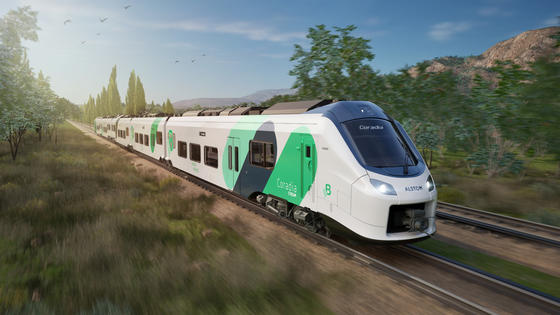
Alstom produces battery trains for both regional and commuter networks, known as battery-electric multiple units (BEMUs). The power-pack dimensioning and optimisation of passenger trains depends on various parameters such as the length and the topography of the non-electrified line as well as the timetable. Alstom is capable to optimise its battery traction package utilising its sophisticated energy consumption tool, which is capable to simulate the train behaviours under customer specific conditions. For example: high acceleration rates at stations in urban areas demand more energy. On the other hand, having many stations on a line, such as in sub-urban areas, provide kinetic energy from braking, which is then fed back to the battery. Train operations are most energy-efficient when driving at steady speed on longer, regional tracks. Alstom’s driver advisory system gives guidance.
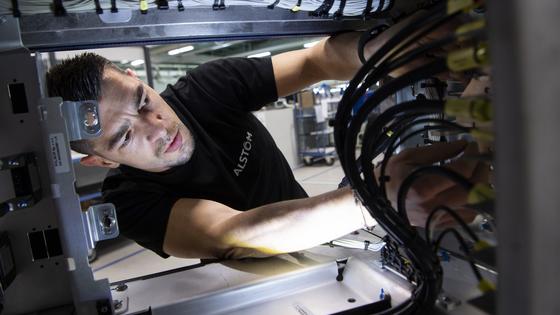
Our green modernisation solutions support customers in reaching new levels of operational flexibility: converting existing fleets. Existing retrofit solutions replace diesel by battery-electric traction and upgrade electric trains with traction batteries.
Hydrogen technology
Pioneering solutions for hydrogen traction
A hydrogen-powered train can cover ranges up to 1,000 km, is quiet and comfortable and the only exhaust is water. Vehicles using hydrogen can cover longer distances than vehicles with battery traction. Already a proven product, our hydrogen trains have travelled more than 1.5 million kilometres in passenger service in 10 countries. Alstom is also investing in fuel-cell development for trains, with the acquisition of HELION Hydrogen Power.
Hydrogen trains require refuelling with hydrogen from fixed or moving refuelling stations. The hydrogen is stored on the train in special tanks that meet full safety requirements. To further limit local direct CO2 emissions during operations, the use of green hydrogen is recommended.
Coradia iLint hydrogen train – the world’s first hydrogen powered passenger train
Since 2022, two hydrogen-powered fleets are in regular passenger service in Germany: 14 trains in the German region of Lower Saxony and 27 trains in the Frankfurt metropolitan area. Coradia iLint was shown to run successfully in nine more countries, including Canada and Saudi-Arabia.
In September 2022, a Coradia iLint successfully travelled 1,175 kilometres without refuelling its hydrogen tank. This record run demonstrated the effectiveness of hydrogen-powered solutions for long-distance passenger transportation.
